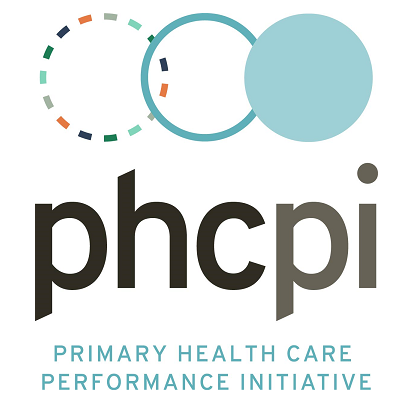New analysis for country teams: Perspectives of 52...
14 March 2018
A big welcome to the Primary Health Care Performance Initiative (PHCPI)

The Primary Health Care Performance Initiative (PHCPI) has joined UHC2030 as <link about-us related-initiatives>a related initiative and we interviewed Executive Director Beth Tritter to find about the initiative’s motivations for doing so, and how they consider UHC2030 to be of value.
The Primary Health Care Performance Initiative (PHCPI) brings together country policymakers and other development stakeholders to advance high-quality primary health care (PHC) systems that help countries achieve universal health coverage (UHC). Launched in 2015, PHCPI is a partnership between the Bill & Melinda Gates Foundation, World Bank Group, and the World Health Organization with Ariadne Labs and Results for Development (R4D) as technical partners. PHCPI works to catalyze improvements to PHC systems in low- and middle-income countries through better measurement and knowledge- sharing.
What made PHCPI want to join UHC2030 as a related initiative?
If you look at PHCPI’s mission and objectives it makes sense for us to join. We are a partnership and many of our partners are themselves already partners of UHC2030 and certainly all of them are engaged in the subject matter. It’s emblematic of the fact that we at PHCPI don’t see measurement of primary health care as an objective in itself, but we think that primary health care improvement is a foundation of universal health coverage (UHC).
It is important to us that we put our agenda and our organisation within the context of what the world is trying to achieve on UHC. Since UHC2030 is a centre of gravity for those efforts, we thought it was only natural that we become a related initiative.
What do you hope to contribute? What do you hope to get out of it?
Engaging with UHC2030 and the other related initiatives is a way for us to ensure that as we pursue a measurement for improvement agenda for primary health care, we always have our sights set on the end goal of UHC.
We have a number of very talented partners who are all doing work together and separately that will contribute to country efforts to achieve UHC, and can support donors and development partners in considering PHC as a pathway to achieving UHC. We are in the midst of developing new global public goods, and they will only be as valuable as various stakeholders find them to be. We hope our work can be a resource for the good work that is happening in-country and among other development partners.
We don’t want to duplicate, we want to complement. We’re not trying to create our own vertical, we’re trying to be an initiative that is valuable across the entire global health spectrum. To that end there can only be value in engaging with a community of people who are all working on this from very different angles, but who all have the same goal in mind.
What do you consider to be the added value of UHC2030?
UHC is a really massive goal. It’s ambitious, it’s gutsy and achievable but it is only achievable with a high degree of coordination and single-minded determination of multiple actors around the world, the likes of which we have maybe never seen before. Initiatives like UHC2030 can help to provide a centre of gravity for actors, stakeholders and organisations who want to contribute to that broader goal but maybe are not entirely sure how they fit in the process.
I see UHC2030 playing a pivotal role as a platform for convening and connecting -- trying to understand where the gaps are in the community and in efforts to achieve UHC and making the connections necessary to fill those gaps.
What kinds of challenges do you think that we will face as UHC2030 in the coming year?
Like any large initiative, the push for UHC as part of the SDGs has started off with fanfare and excitement, as everyone rallies around something big and ambitious. When it comes to actually getting the work done, when everyone starts to realise how messy and complicated this is, you can lose momentum.
These are real challenges that we’re confronting -- from finance, to service delivery and quality, to political, economic and logistical challenges that no one person or organisation can figure out. Platforms like UHC2030 can help keep us all focused on the goal, and provide a space to work out these difficult challenges as a community.
Anything else you would like to add?
There is a lot of energy and ambition in this community, which is all going to be absolutely necessary to amass the political will and practical effort needed to achieve UHC. It’s a very exciting time for PHCPI to be a part of UHC2030, and we look forward to making significant contributions over the coming years.
